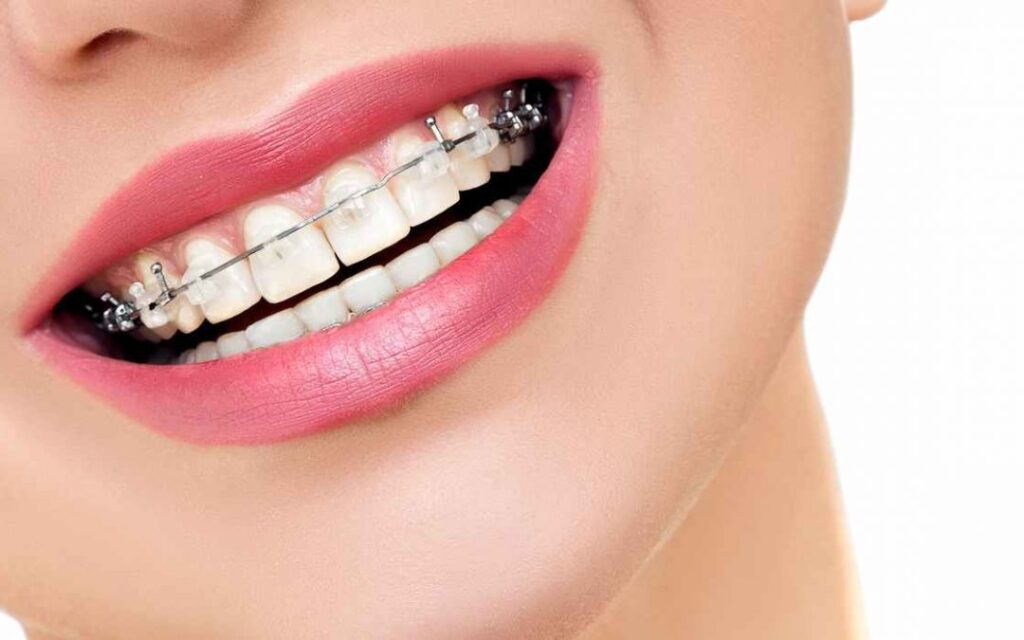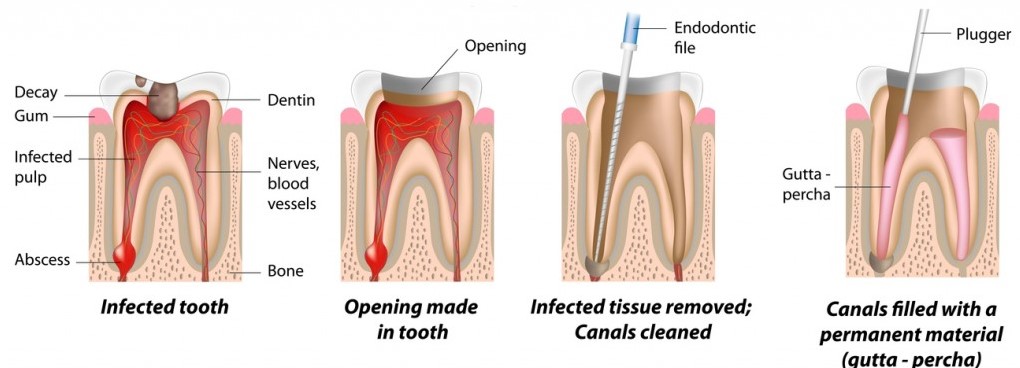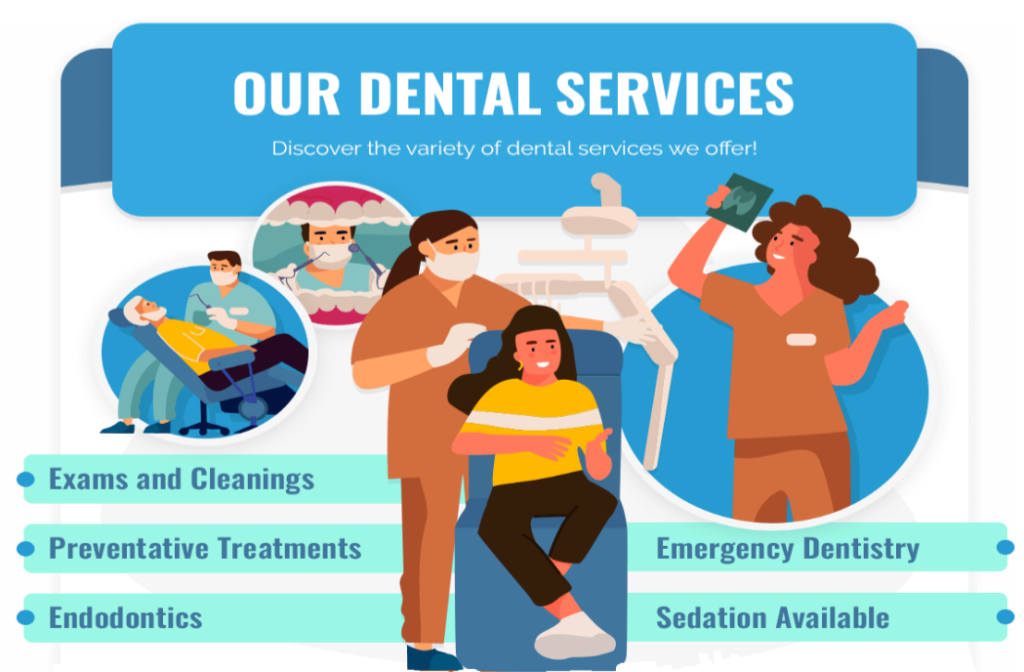
BEST DENTAL HOSPITAL NEAR ME
DENTAL HOSPITAL NEAR ME Your Trusted Dental Hospital is near you. Why Do You Choose Our Dental Hospital? When it comes to dentistry, choosing the right dental hospital is a crucial decision. Here are some reasons to choose our dental hospital, Experienced Team: The dental professionals and hygienists at our hospital are highly qualified […]
BEST DENTAL HOSPITAL NEAR ME Read Post »








